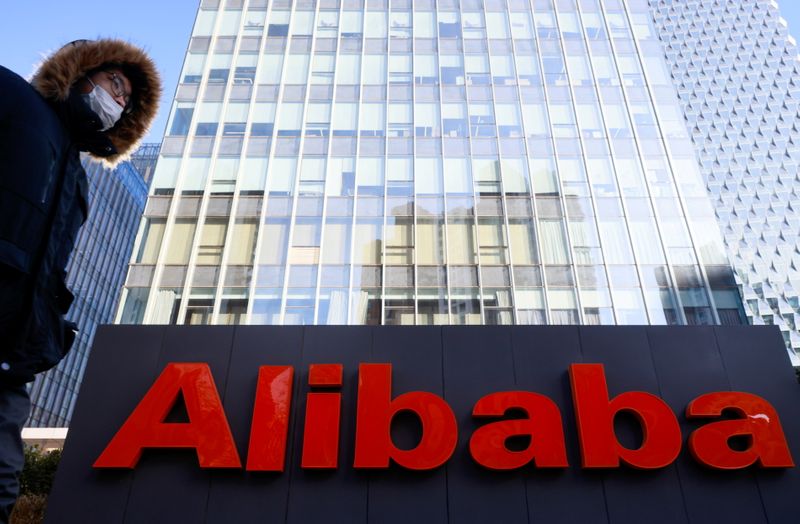TSX gains after CPI shows US inflation rose 3%
Investing.com-- Alibaba (NYSE:BABA) Chair Joseph Tsai warned of a growing potential bubble in datacenter construction for the artificial intelligence industry, in that the pace of new infrastructure could be much more than initial demand for AI.
Tsai said on Tuesday that a rush among big tech companies, private equity vehicles and other entities to build AI-linked servers across the globe was starting to look indiscriminate, and that several of these projects did not have clear customers in mind.
“I start to see the beginning of some kind of bubble,” Tsai said in an address at the HSBC Global Investment Summit in Hong Kong, according to comments carried by Bloomberg.
Tsai’s comments come amid growing doubts over the need for outsized investment in AI infrastructure, especially after Chinese upstart DeepSeek earlier this year released an AI model that appeared to match the capabilities of its rivals while using older chips and a fraction of their budget.
Several Chinese and U.S. firms, including Tsai’s Alibaba, had rushed to release similar models.
A shift in AI trends towards inference- which is, to generate new output through a trained AI model- from training, is also expected to reduce processing requirements, especially as AI models mature.
Wall Street’s tech giants- particularly Microsoft (NASDAQ:MSFT), Google (NASDAQ:GOOGL), Meta (NASDAQ:META), and Amazon- have committed hundreds of billions of dollars towards AI infrastructure.
But in February, TD Cowen had released a note stating that Microsoft had canceled some leases for U.S. data center capacity, raising concerns that the company and its peers may have a computing oversupply.
“I’m still astounded by the type of numbers that’s being thrown around in the United States about investing into AI,” Tsai said.
Japan’s Softbank (OTC:SFTBY) and OpenAI had last month announced a $500 billion plan to build more AI infrastructure in the U.S., although it was unclear from where the funding for the project will come.
The AI boom has chiefly benefited chipmakers such as Nvidia (NASDAQ:NVDA) and TSMC (NYSE:TSM) over the past two years, with software firms reaping limited returns on the technology despite vast amounts of investment in the sector.
